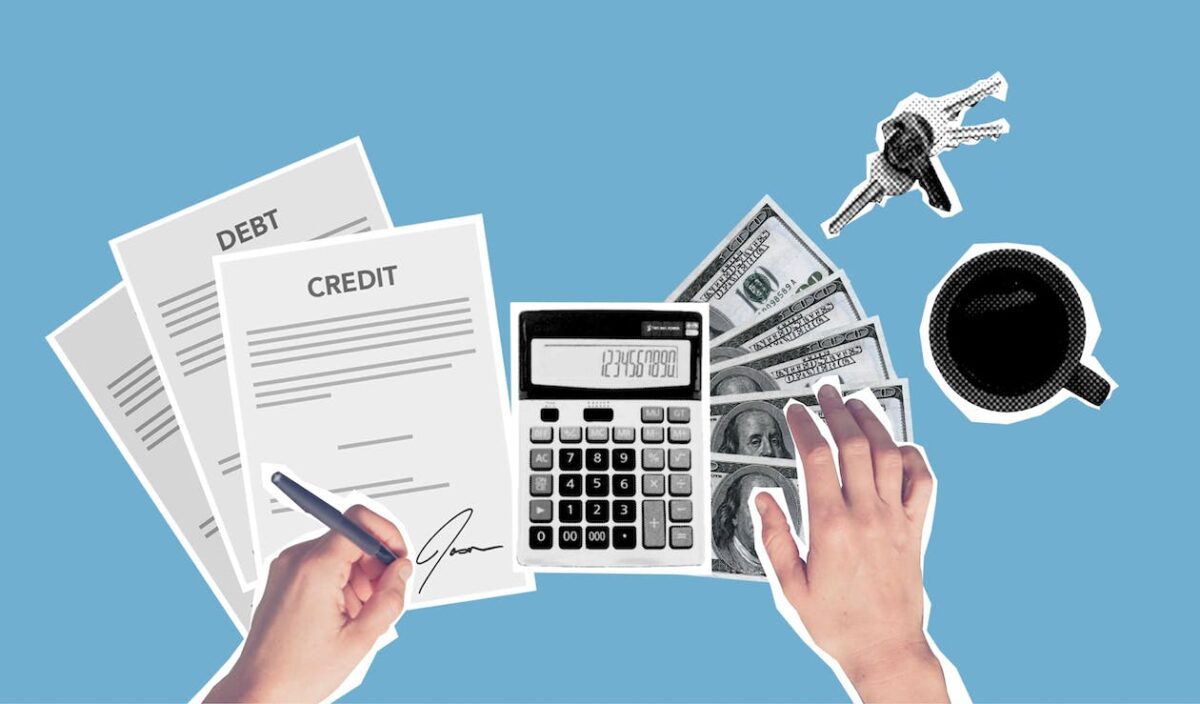We get it: you didn’t start your business to spend all your time chasing invoices and people that owe you for services rendered, but collecting payments is crucial to keeping your business on a stable and steady path to growth.
To help collect delinquent payments- at times after trying other means including mediation, suggested payment plans, and renegotiated settlements- business owners often hire a third-party collection agency experienced in debt recovery to assist them.
Working with a debt collection agency offers the business owner access to the resources and expertise of experienced debt collectors and gives the business the best chance of recovering what is owed to them, freeing up time and energy for the owner to continue concentrating on growing their business. Additionally, working with an agency that has debt collection lawyers on staff is helpful if they determine that the best course of action is to pursue an outcome through the legal system while ensuring compliance with state and federal collection regulations.
Here are 3 tips for using the services of a debt collection agency, and the best way to work with them:
1. You should provide them with all the information they need to begin their work.
Even with all their experience and expertise, they can only work with the information you give them. This will include contact information for the debtor, the amount of the debt, any records related to the client and their account, and any other relevant information. Withholding details can hinder your chances of recovering what is owed to you.
2. It is important to maintain regular communication with the debt collection agency throughout the process.
This allows you to stay informed of the progress and ensure that the agency is following the agreed-upon process. You should also inform them whenever something happens related to the debt they are working on recovering occurs (eg: the debtor reaches out to you, they make a payment, etc.) and keep them apprised of any developments on your end.
3. Set realistic goals and timelines:
Collection agencies have an array of tactics available at their disposal to pursue debtors, and it is important to understand the process and how to best work with a debt collection agency to ensure the best outcome for both parties. When setting goals and timelines for a debt collection, consider the amount and age of the debt, and the debtor’s ability to pay, along with the strategy you have chosen to collect with. While debt recovery can be a time-consuming and energy-sapping ordeal, open and honest communication between all stakeholders will make it a considerably more pleasant experience.
We’re happy you found this article informative! Go back to our blog page to find more tips, tricks and guidance on bookkeeping, to ensure your business gets paid.
If you have unpaid debts that need to be recovered, commercial debt collection may be a good option for your business. A commercial debt collection agency can help you with the process of recovering past-due accounts and provide guidance on best practices for managing accounts receivable.
Led by a team of experienced debt collection attorneys, Monetaria has helped hundreds of businesses recover and collect their outstanding debts and payments. Schedule a FREE consultation with our expert team to see how we can help you recover your money today!







